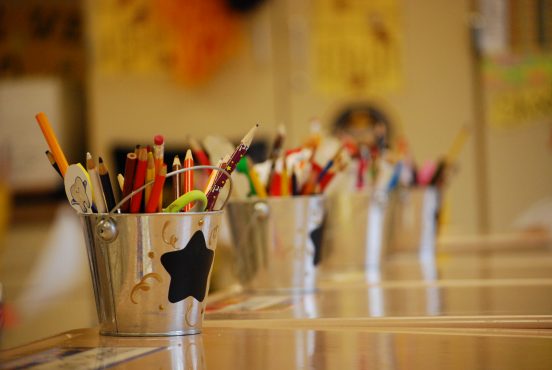Hello! My name is Lauren and my Trek placement was as a teacher’s assistant in a 4/5 split class at Queen Alexandra Elementary. I found the experience to be incredibly rewarding and it supported my learning in a rather out-of-the-box way, which I appreciated.
Sometimes going to class, discussions, and activities can feel like a list of chores that just need to be completed, but Trek never felt like that. Even when the students were acting up or when everyone was stressed out, I felt like my support was important to the staff and students. I believe this was important for me when integrating into university because sometimes you put a lot of effort into an assignment and it feels as though your work goes unnoticed. Trek was an experience that constantly reminded me that there’s more in Vancouver than just UBC and I should be spending my time on more than just homework. The UBC campus is so large and diverse that one truly doesn’t have to leave, so having a reason to go somewhere in the community every week expands your awareness and understanding of what Vancouver is actually like. And, while working with children in school reminded me that I have no excuse not to do my work, Trek also reinforced that academics are not the be-all and end-all. This really helped my mental health when it came to getting a poor mark or when I was struggling on an assignment because I was reminded weekly that the world is much bigger than schoolwork and it’s not worth stressing over.
I found that the Trek program had little influence over my volunteer experience, however, taking sociology and discussing our Trek experiences through that lens was very helpful. For example, while volunteering I noticed how habitus — values, attitudes, and perceptions — acquired at home can influence a child’s abilities in school and the outside world, but after sociology I had a name for that concept. I understood how habitus was formed and what consequences come of it. I believe that volunteering in a school environment was an excellent way to see a majority of the concepts we discussed, such as the accomplishment of natural growth and the transfer of cultural capital, unfold. Therefore I would recommend working with children to be a great way to make clear connections between sociology and Trek.
Trek has many benefits and disadvantages, especially as a supplement to a sociology class. For example, by participating in Trek I was able to see the concepts we were learning about in action, however, it was up to me to make that connection. There were times where I found this very difficult and wished I was in the discussion group where they could just explain the confusing elements to me. I’ve also wondered if I had participated in that more explicit learning experience would my marks have improved, but ultimately I was glad I chose Trek because I prefer experiential learning to learning through research and essay writing.
I am very grateful that I got to learn by volunteering as I found it more engaging and exciting than most ordinary class structures. For this reason, I believe that many students could benefit from this style of learning. If given the opportunity, I would recommend giving experiential learning through volunteering a try.
